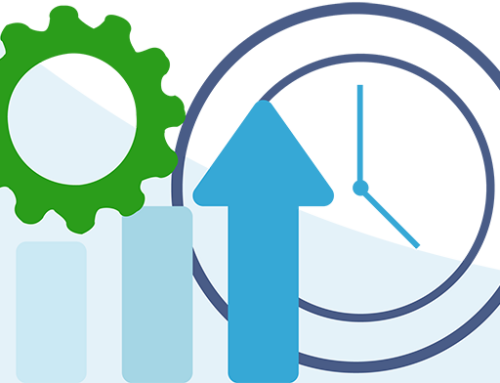Your knowledge is valuable, and you can leverage knowledge management to scale your bookkeeping firm! As our jobs become second nature, we often forget how complex our daily processes are. It turns out, you know quite a lot about what it takes to do a good job — and so does every member of your team. In fact, the gathering of knowledge at your business is often a collaborative project. The exchange of ideas and best practices is how you get everyone on the same page and help your firm to flourish.
To achieve consistency at your bookkeeping firm, your information needs to be well-documented, frequently updated, secure, AND easily retrieved. Here are some steps to help you begin using knowledge management to your advantage.
Knowledge Management
Recognizing the body of information that makes up your knowledge capital is the first step to capitalizing on it. If you aren’t already documenting your processes, now is the time to really take a look at what tasks you do throughout the day and how those can be broken down into steps. Feel free to check out our detailed step-by-step guide on how to document procedures at your bookkeeping firm!
Experimenting With Format
Because your knowledge database will be filled with learning materials, it’s also a great place to turn to for onboarding new team members! Remember the last time you tried to learn something? What helped you the most? Did videos help you absorb the material? What about charts or brief articles? Who hasn’t found themselves falling down a Wikipedia rabbit hole?
Well, you can try any number of these approaches when it comes to recording your processes. Maybe a video database will prove helpful in training new employees or an internal wiki would be a fun, collaborative way to combine team knowledge.
Storing Your Information
The key to knowledge management is accessibility. You want every member of your team to have access to the materials they need, the moment they need them. But you also want your knowledge capital to be secured. It’s valuable, after all, and we keep valuable things under lock and key. We recommend utilizing cloud-based storage for optimal security. It would help if you also cleaned up your processes regularly to ensure that your knowledge database, wherever it is located, is up-to-date and remains uncluttered.
Knowledge management allows you to streamline processes. Your team’s efficiency can improve and your interactions with clients can be more consistent. This is just one key element to designing the sort of workflow that helps your bottom line. It may take some time to establish checking the knowledge base as a regular part of the routine — but once your team has it down, it can make a huge difference!
Check out our previous article on accounting scorecards to learn how to pay better attention to the four main areas of your business that affect its overall growth!



